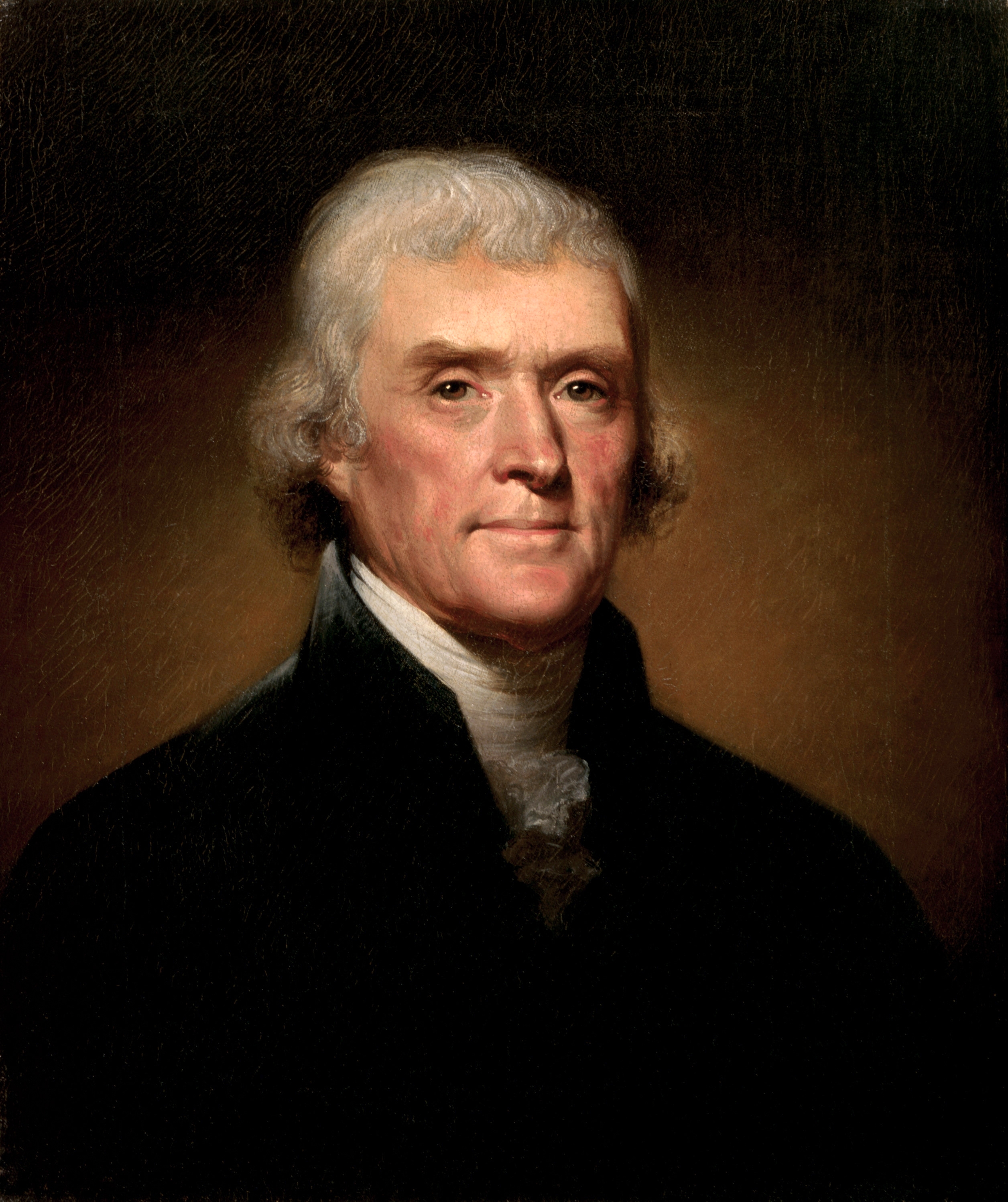(John Amos Commenius Orbis sensualium pictus; image source: Gallica/France Culture)
Podcast abstract:
Le droit pourrait-il se dissoudre aujourd’hui dans un océan de normativité indistincte, déterritorialisée et managériale ? s’interroge François Ost. Ce grand juriste et philosophe du droit, a été l’invité, cette année, d’Alain Supiot, titulaire de la chaire État social et mondialisation : analyse juridique des solidarités, pour son stimulant livre À quoi sert le droit ? Usages, fonctions, finalités, édité chez Bruylant en 2016. Sa riche bibliographie montre la diversité de ses questionnements. Il a ainsi publié chez Odile Jacob Le Temps du Droit, puis Raconter la Loi : Aux sources de l'imaginaire juridique, mais aussi Sade et la loi (il a beaucoup travaillé sur les rapports entre littérature et droit) et aux éditions de la Découverte, il est l'auteur de Nature hors-la-loi, l’écologie à l’épreuve du droit. Revendiquant une approche interdisciplinaire, François Ost présente le droit (mais aussi les droits, il s'en expliquera au cours de sa conférence) comme une mise en questions organisée.Dès cette contribution de François Ost, nous ouvrons un cycle qui interroge la place du droit face aux grandes mutations qui bouleversent nos sociétés, à commencer par "la rupture avec le gouvernement des lois" que permet la révolution technique et culturelle liée à l'informatique et l'affirmation d'une "gouvernance par les nombres", pour reprendre l'expression d'Alain Supiot. Dès lundi, nous le retrouverons d'ailleurs sur ces stimulantes questions, mais pour l'heure, nous gagnons l’amphithéâtre du Collège de France, le 19 janvier 2018, où le grand juriste français reçoit François Ost, Professeur de philosophie et de sociologie du droit à Bruxelles et à Genève, membre de l’Académie royale de Belgique, président de l’Académie européenne de théorie du droit, pour sa conférence.More information here.
















